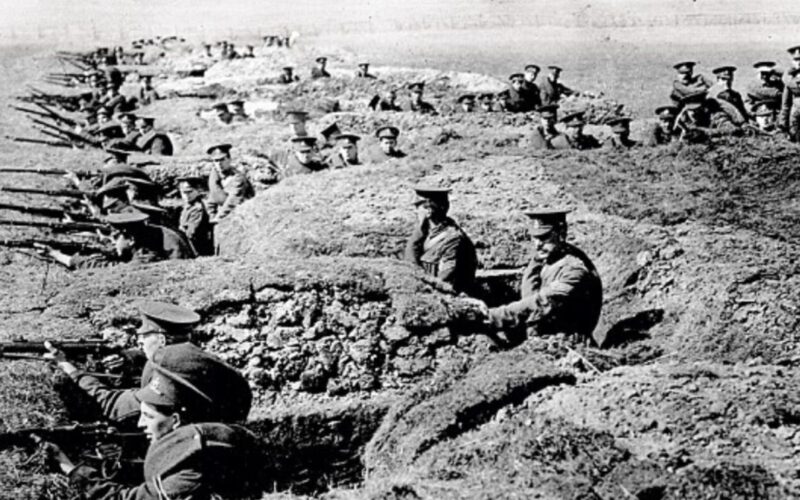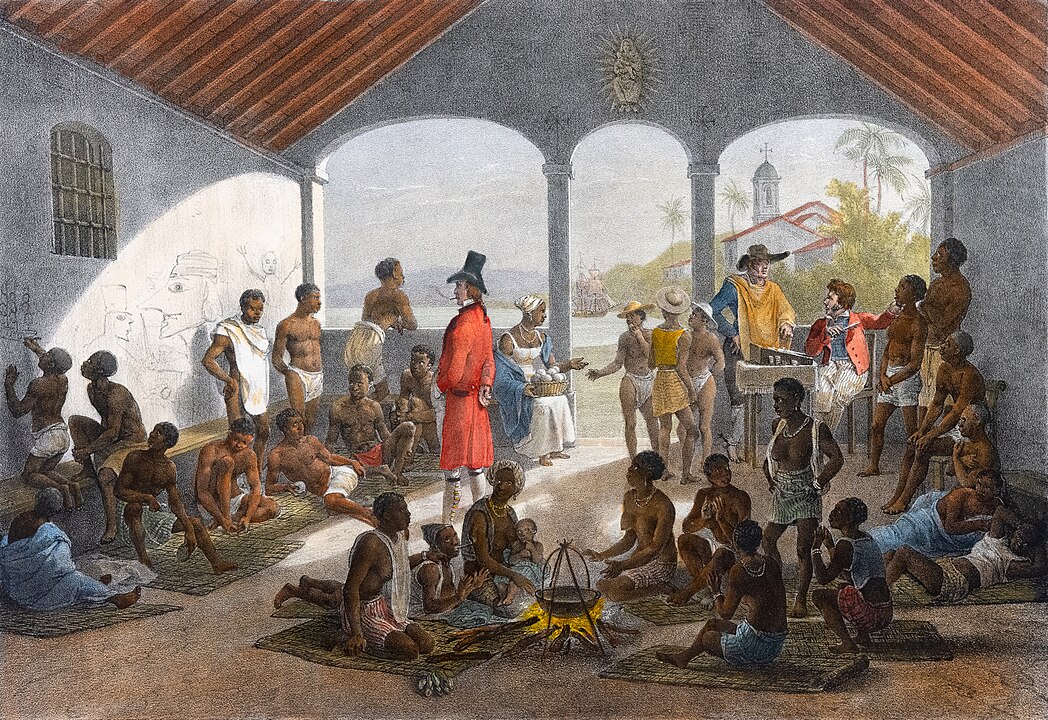The idea of war today brings up images of drones, satellites, and touchscreen controls. But over a hundred years ago, World War I soldiers faced a very different kind of battle. It was fought from deep, muddy trenches and wasn’t just about the enemy. It was about surviving the weather, the fear, the boredom, and the physical toll. These ten realities of trench warfare feel almost impossible to imagine today.
1. Living in Mud for Weeks on End
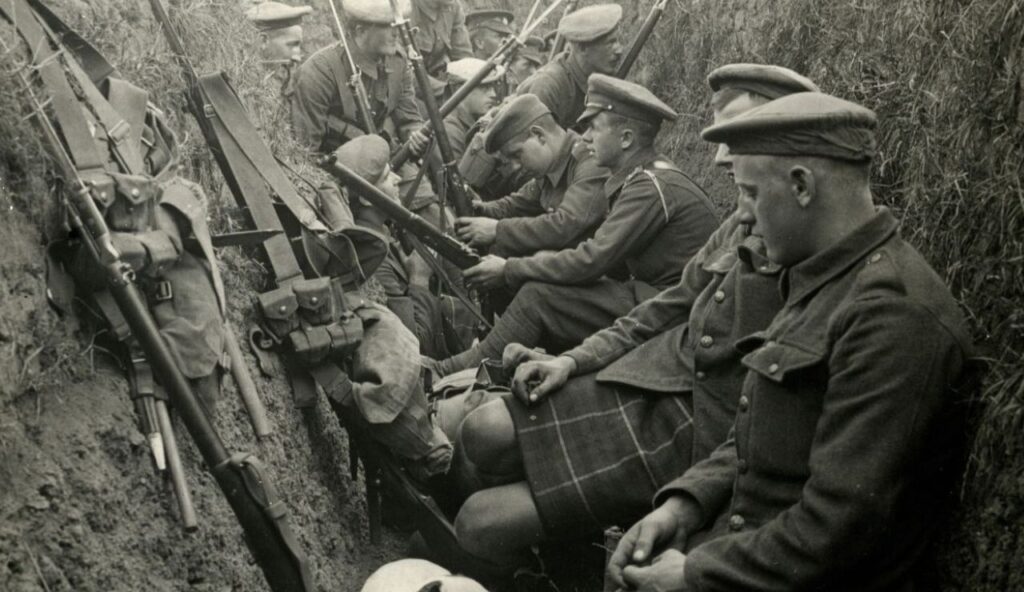
Life in the trenches meant being wet almost all the time. When it rained, the ground turned into thick mud that covered your boots and soaked your clothes. There was no place to sit, no way to dry off, and no clean clothes to change into. Some soldiers had to sleep standing up to avoid sinking. The mud made everything harder, from walking to eating to simply trying to rest.
2. The Constant Threat of Rats
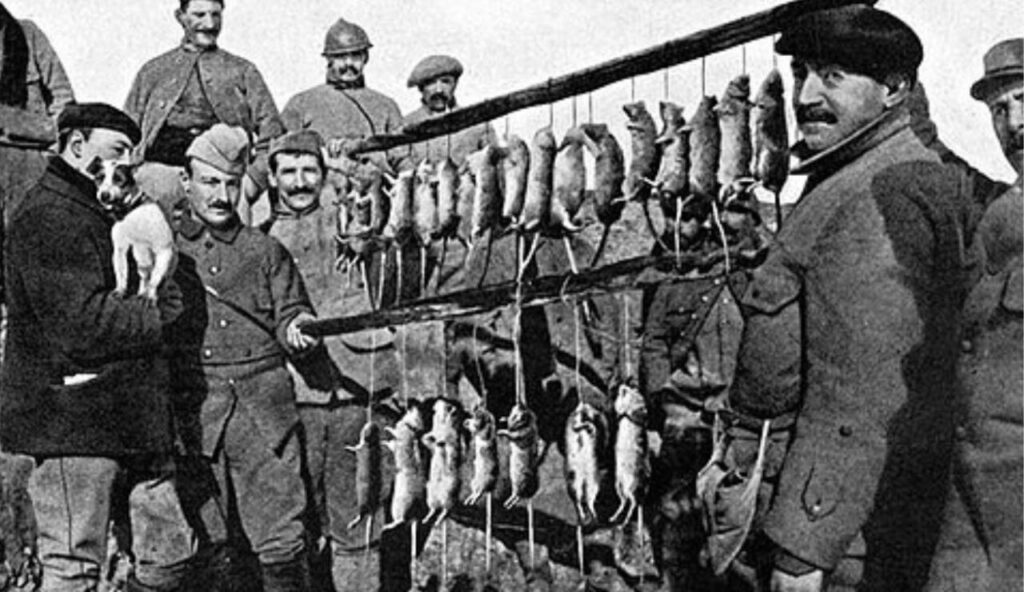
Trenches were crawling with rats, and they weren’t small. Some grew as big as house cats, feeding on scraps, garbage, and even fallen soldiers. They ran across boots, slept beside gear, and chewed through anything they found. No one could escape them. Soldiers tried to kill them with shovels or shoot them for sport, but there were always more. Living with rats became part of daily life.
3. Zero Privacy, Ever
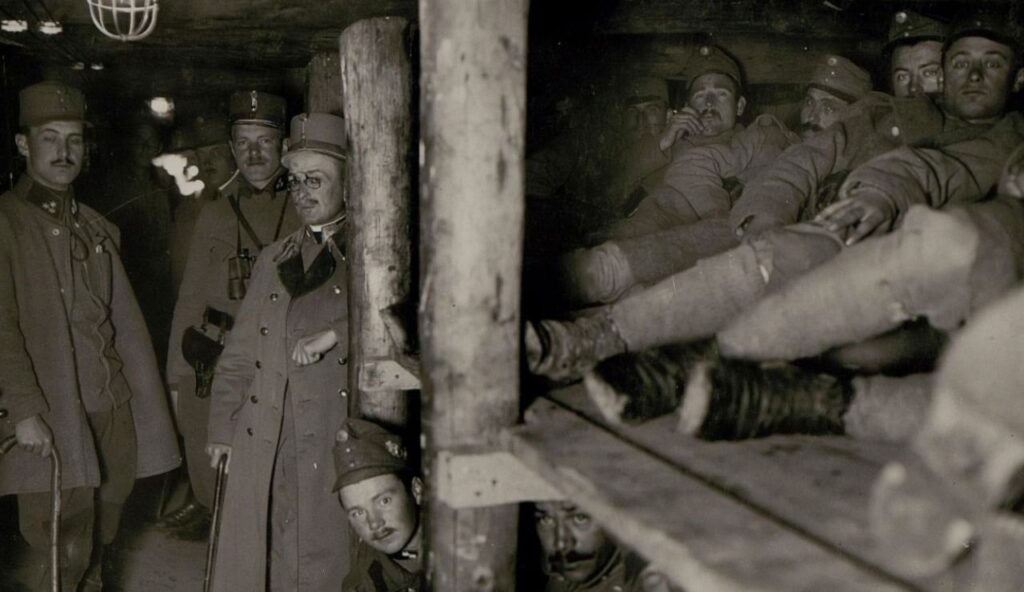
In the trenches, privacy didn’t exist. Dozens of soldiers shared a narrow space where everyone ate, slept, and used the bathroom in full view. There were no doors to close or corners to hide in. Even writing letters home meant someone reading over your shoulder. Quiet moments were rare, and alone time was impossible. Personal space was not just limited; it was completely gone.
4. Trench Foot Was a Real, Rotting Nightmare
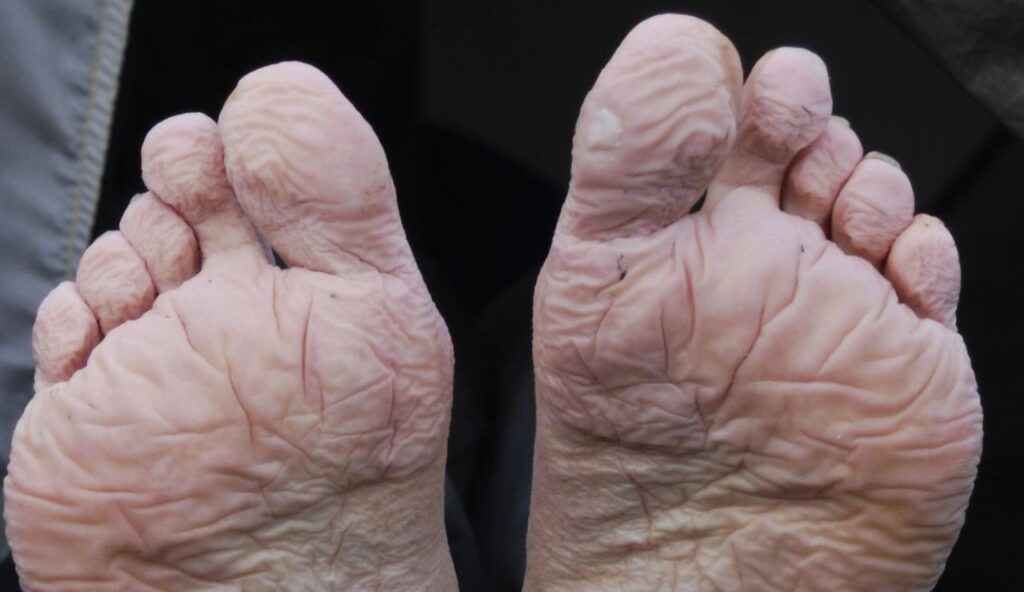
Standing for hours in cold, wet boots caused a painful condition called trench foot. It made feet swell, crack, and in severe cases, rot. Some soldiers lost toes or had to stop walking altogether. There were no dry socks or warm places to recover. The only way to prevent it was to keep feet clean and dry, which was nearly impossible. For many, every step came with burning pain.
5. Shell Shock Wasn’t Understood
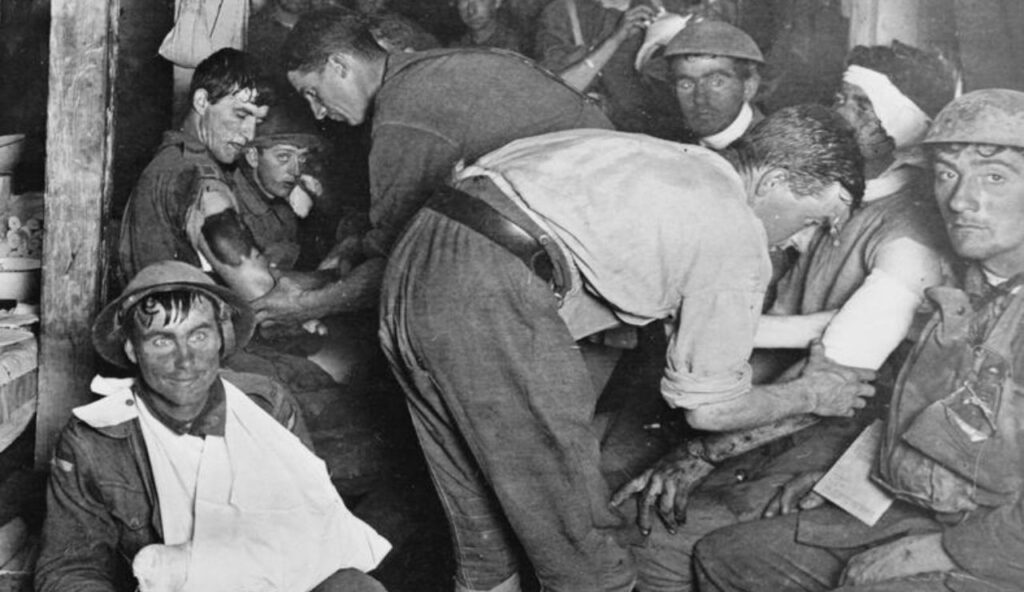
Many soldiers broke down after nonstop explosions and fear, but no one really knew why. This was called shell shock, and instead of getting help, some were punished or told to toughen up. Doctors didn’t understand trauma, and mental health wasn’t a real conversation. Living through constant danger left invisible scars, but most had to suffer in silence and keep fighting anyway.
6. Letters Were the Only Connection Home
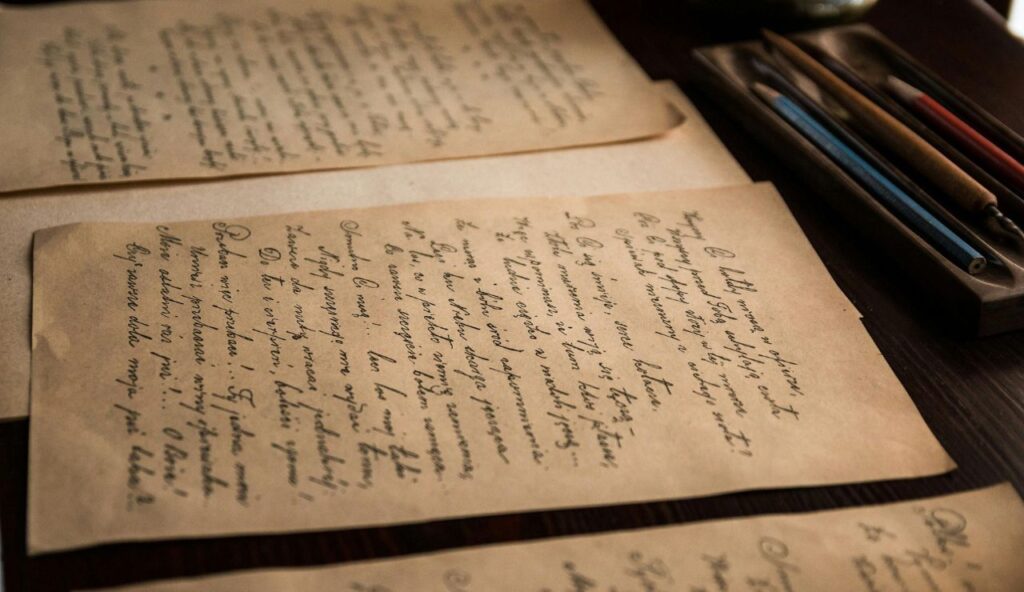
The only way soldiers could talk to family was through handwritten letters. There were no phones, no messages, and no quick replies. Mail could take weeks to arrive, and sometimes it never did. Writing by dim light, they poured out thoughts in quiet moments between danger. Getting a letter back was rare, but when it came, it felt like a lifeline to the world they left behind.
7. Boredom and Fear Lived Side by Side
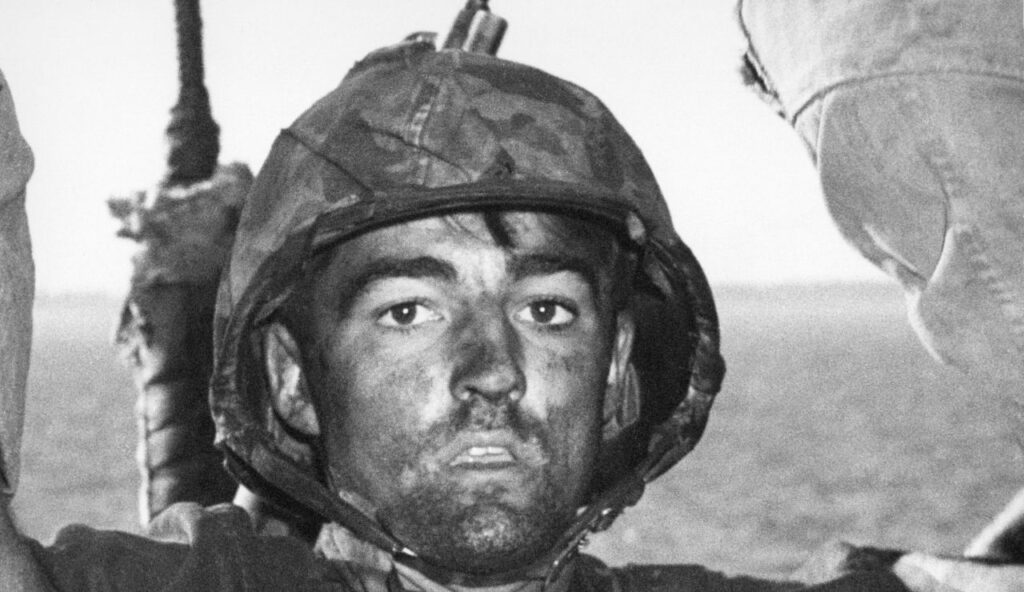
Trench life was strangely quiet most of the time. Soldiers sat for hours with nothing to do, waiting for something to happen. Then, without warning, chaos could break out. One moment they were playing cards, the next they were under attack. The mix of long stretches of stillness and sudden terror kept nerves on edge. Every peaceful moment felt like the calm before a storm.
8. The Smell Was Unbearable
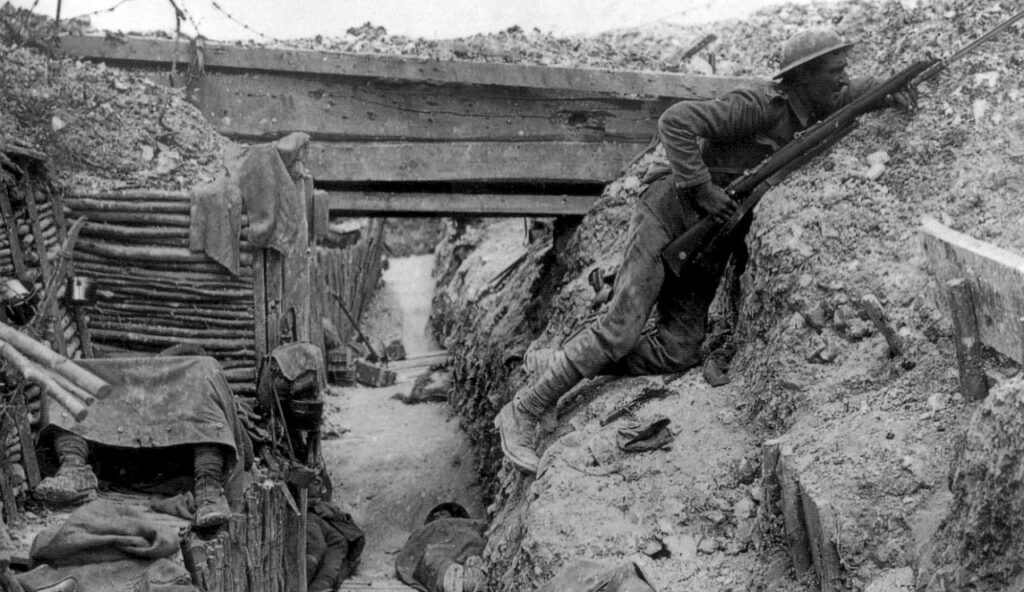
The trenches had a stench that never went away. Rotting food, unwashed bodies, waste, and dead animals filled the air with a thick, sour smell. There were no showers, no clean clothes, and no fresh breeze to clear it out. Even breathing felt heavy. Soldiers got used to it over time, but it always lingered. The smell stuck to skin, clothes, and memory long after they left the battlefield.
9. Gas Attacks Could Happen Anytime
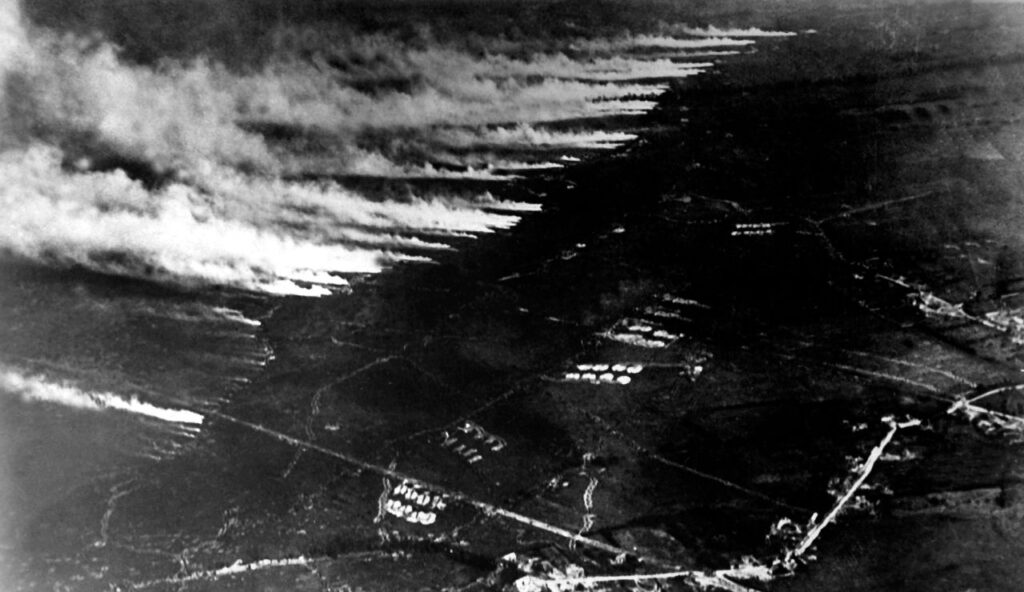
Poison gas was a silent killer in the trenches. It drifted in without warning, burning eyes and lungs before anyone had time to react. Soldiers had gas masks, but they weren’t always nearby or fast to put on. Panic spread quickly as everyone scrambled to protect themselves. Even those who survived could suffer for life. Breathing became a daily fear, not something taken for granted.
10. Victory Was Measured in Inches
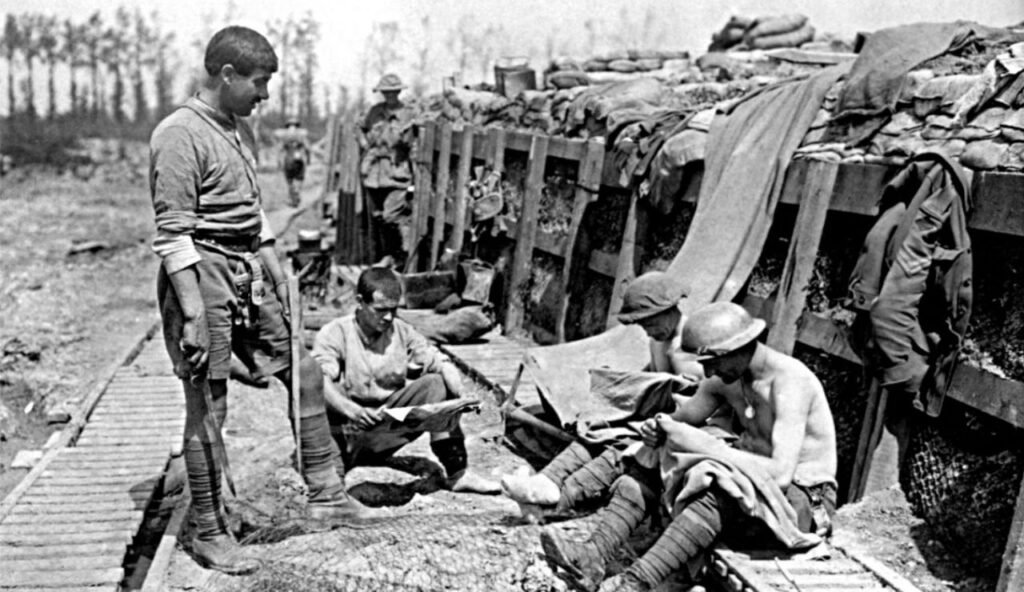
Winning didn’t mean taking cities or capturing flags. It often meant moving a few feet forward after days of fighting. Battles dragged on for weeks with little to show for it. Thousands could die just to gain a small patch of ground. Progress was slow and brutal, with no clear finish line in sight. Soldiers risked everything for results that felt small but came at a huge cost.
